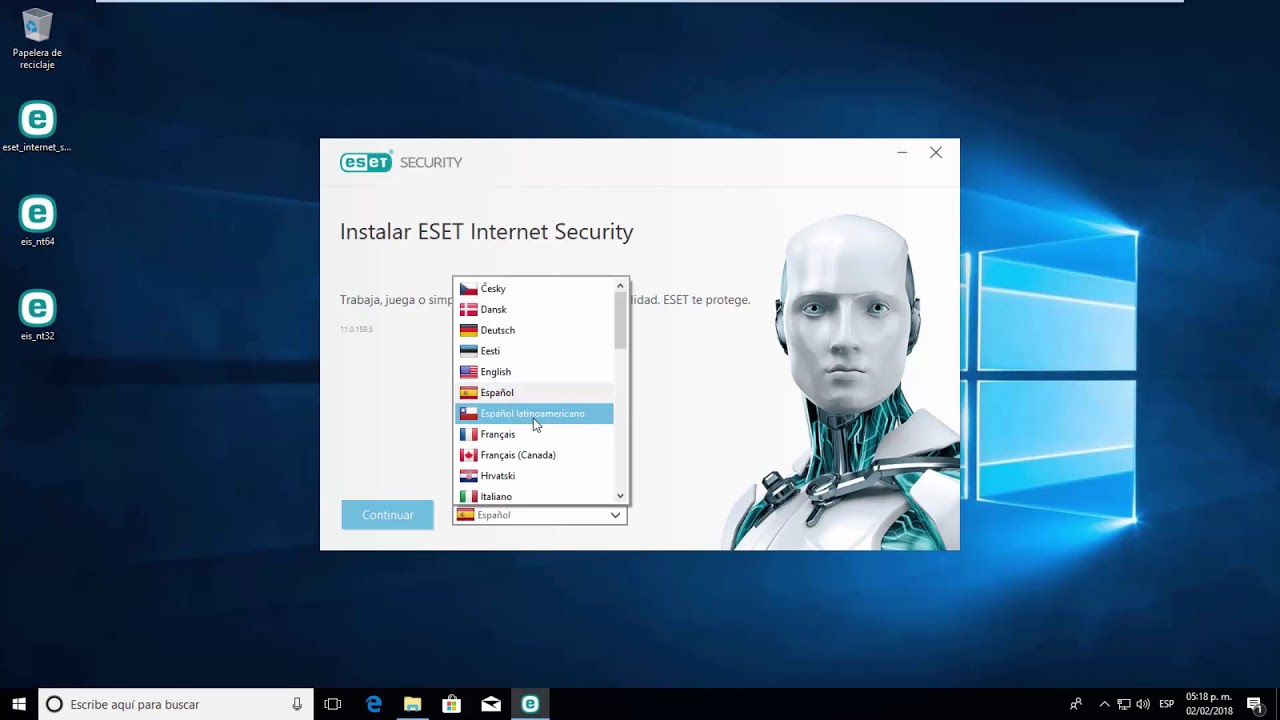How electric vehicle chargers may pose risk of hacking
According to a report by cyber security company Check Point Research, increased consumer demand for EVs may mean unprecedented security challenges.
As the industry expands rapidly, “new EV charging stations are popping up in parking lots and on street corners, however, the new installations could prompt cyber attackers to target EV charging networks, the vehicles themselves, and/or the connected power grids,” the report said.
In India, EV sales hit 1.17 million units in the financial year 2023.
“Even here in India, where the Indian Computer Emergency Response Team (CERT-In) has received reports of vulnerabilities in products and applications related to electric vehicle charging stations,” the report noted.
How hackers may target EV charging stations
Researchers have already come across vulnerabilities that could allow cyber criminals to remotely shut down EV chargers or steal electricity.
Cyber attacks may exploit EV charging station weaknesses and cause power fluctuations and power outages. These attacks would suddenly alter the demands of EV charging networks, the report said.
Why EV chargers are at risk of hacking
The report said that the race-to-market in terms of connected devices has translated to cyber security measures that were ‘bolted on,’ but not ‘built in’. In simpler words, the cyber security aspect of electric vehicle chargers was largely an afterthought as EV chargers are interlinked with other infrastructure.
According to US-based National Institute of Standards and Technology (NIST), “the Electric Vehicle Supply Equipment (EVSE) is supported by electronics, both for charging the vehicle and facilitating communications, so EVSE is susceptible to cyber security vulnerabilities and attacks.”
“EVSE also ties together two critical sectors — transportation and energy (specifically, the grid) — that have never been connected electronically before. This creates the potential for attacks that could have significant impacts in terms of money, business…


